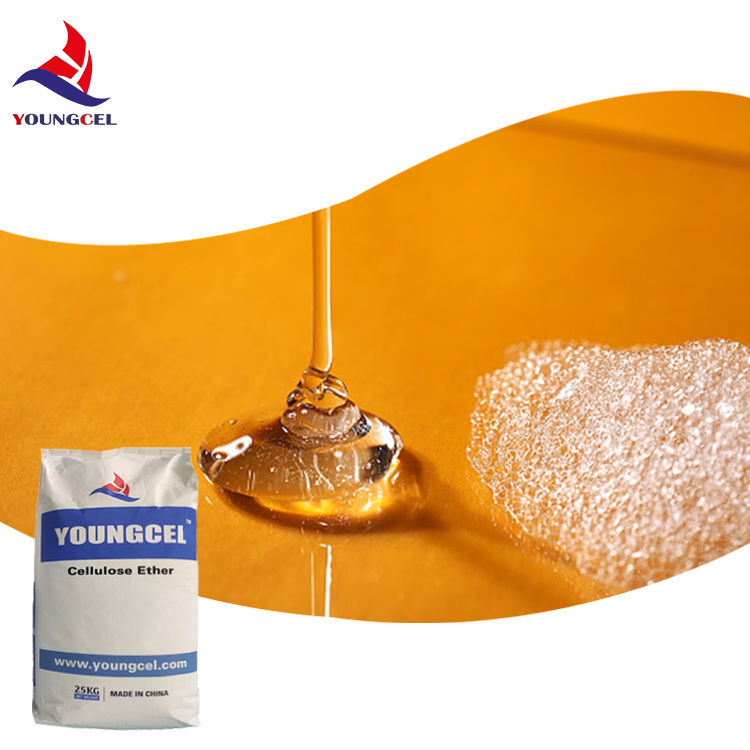The Role of Cement Mortar Additives in Modern Construction
Cement mortar is a fundamental material in the construction industry, playing a critical role in binding building elements together. However, the performance of cement mortar can be significantly enhanced through the use of various additives. These additives, often referred to as cement mortar additives, can improve the properties of the mortar, making it more suitable for a wide range of applications.
Cement mortar additives come in various forms, including polymers, plasticizers, retarders, accelerators, and fibers. Each type of additive serves a specific purpose and can dramatically alter the properties of the mortar. For instance, polymers enhance the adhesion of the mortar to different surfaces, improve flexibility, and increase water resistance. This is particularly important in environments where moisture is a concern, such as in bathrooms or kitchens, where a strong, water-resistant mortar is essential.
Plasticizers are another category of additives that improve the workability of cement mortar. By reducing the water content needed for mixing, plasticizers allow for a smoother and more workable mixture without sacrificing strength. This is advantageous for contractors who need to apply mortar quickly and efficiently while ensuring high-quality results. The use of plasticizers can lead to more compact and durable mortar, which ultimately contributes to the longevity of the construction.
cement mortar additive

On the other hand, retarders and accelerators are additives that alter the setting time of cement mortar. Retarders slow down the curing process, which is beneficial in hot weather when the mortar could set too quickly, making it challenging to work with. Conversely, accelerators are used to speed up the setting time, making them ideal for cold-weather applications where quick curing is necessary to prevent freezing. Choosing the right additive to control setting time can be vital for ensuring the mortar is applied correctly and allows for the safe execution of subsequent construction steps.
Furthermore, the incorporation of fibers into cement mortar can significantly enhance its tensile strength and ductility. Fiber-reinforced mortar is less brittle, which reduces the risk of cracking under stress. This is particularly important in seismic areas or structures that must withstand dynamic loads. The use of fibers can also improve the overall durability of the mortar, making it resistant to various forms of degradation, such as freeze-thaw cycles or chemical attacks.
In addition to enhancing the mechanical properties of the mortar, additives can also contribute to the sustainability of construction practices. For example, some modern additives are designed to utilize waste materials or by-products from other industries, reducing the environmental impact of cement production. Moreover, the improved performance of mortar containing additives can lead to decreased resource consumption over time, as buildings constructed with such mortar may require less maintenance and repair.
In conclusion, cement mortar additives play an essential role in modern construction. They allow for greater flexibility in design and application while improving the overall performance and durability of the mortar. As the construction industry continues to evolve, the use of these additives will likely increase, leading to more efficient building practices and sustainable solutions. By understanding the various types of cement mortar additives available, construction professionals can make informed choices that enhance the quality of their work and contribute to the longevity of their projects.
-
Rdp Powder: Key Considerations for Wholesalers in the Building Materials IndustryNewsJul.08,2025
-
Key Considerations for Wholesalers: Navigating the World of Hpmc - Based ProductsNewsJul.08,2025
-
Hpmc Detergent: Key Considerations for WholesalersNewsJul.08,2025
-
Key Considerations for Wholesalers: China Hpmc For Tile Adhesive, Coating Additives, Concrete Additives, and MoreNewsJul.08,2025
-
Crucial Considerations for Wholesalers: Navigating the World of Construction MaterialsNewsJul.08,2025
-
Key Considerations for Wholesalers Sourcing Additive For Cement, Additive For Concrete, Additive For Putty from Additive Manufacturer Shijiazhuang Gaocheng District Yongfeng Cellulose Co., Ltd.NewsJul.08,2025




